

| Main | ||
| About | ||
| Implemented Projects | ||
| Future Prospective | ||
| Programs | ||
| Membership | ||
| Media |
 |
 |
|||||||||||||||||||||
|
|
ASTRA NETWORK Central and Eastern European Women’s Network for Sexual and Reproductive Health and Rights (www.astra.org.pl) |
|
|
Union Women Center took part 12th Association for Women’s Rights in Development (AWID) Forum in 2012. ASTRA Network held two panels during the Forum: “How much does abortion cost? “the economic dimension of recent attempts to restrict the access to abortion in Poland, Hungary, Romania and Slovakia and “Is sexuality education too expensive?” focused on sexuality education in Bulgaria, Georgia, Poland and Ukraine. |
|
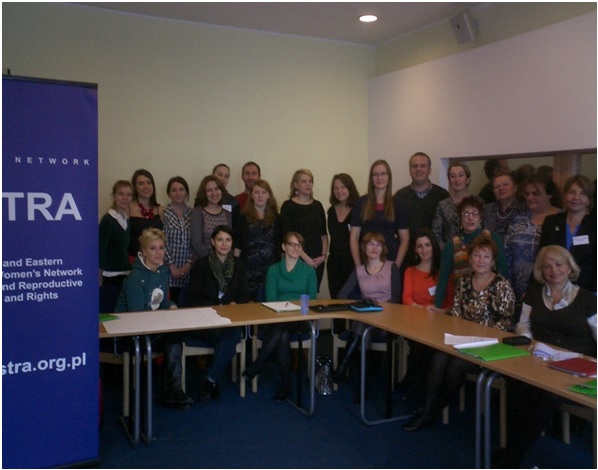 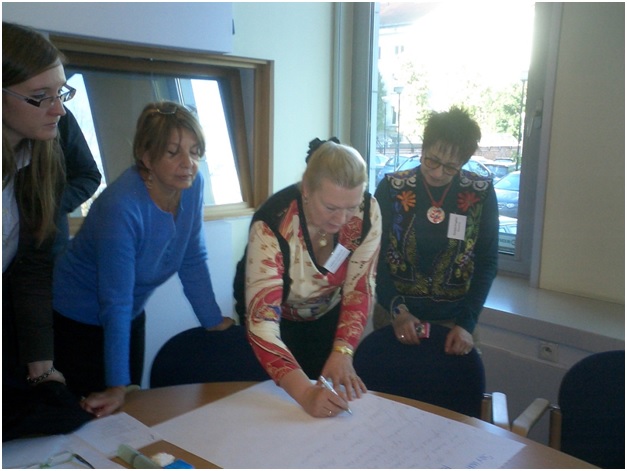 |
In 2015 Union Women Center asASRA Network member met in Plovdiv, Bulgaria to participate in an annual workshop and strategy planning “Plovdiv Call to Action” is the result of that gathering and presents from each country a set of the most burning issues of non-governmental organizations in the region. |
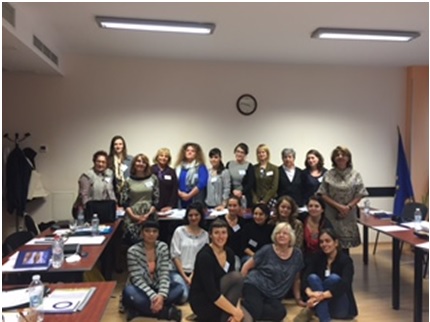 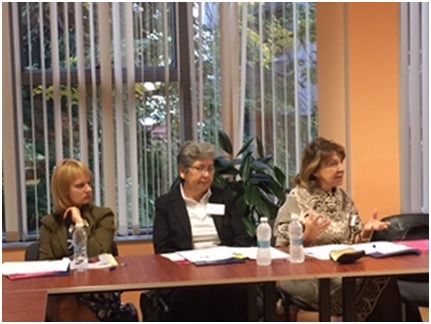 |
|
In 2016 Union WomenCentertook part in Astra Network Annual Meeting in Warsaw, Poland. 23 ASTRA representatives discussed the current threats to reproductive rights in Central and Eastern Europe and ways of moving forward and addressing these developments and also take part in demonstration “Polish Women’s Strike” give interview to local newspaper. |
|
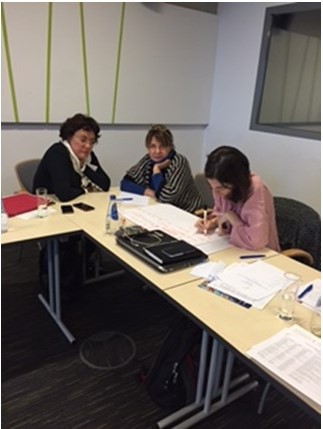 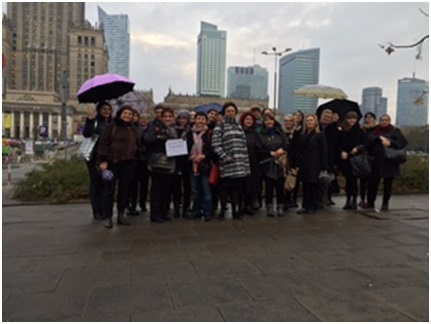 |
|
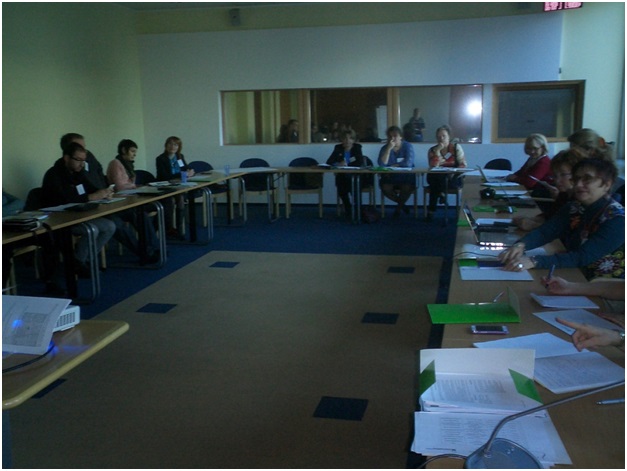 |
|
Since 2003 we have been the member of ASTRA Network. For this period we have prepared the country report concerning reproductive health and right, have become familiar with Georgian laws on abortion, HIV/AIDS, and National Health Programs. For International Consortium for Medical Abortion we have prepared the report -“Current Status of Policy and Access to Abortion on the Basis of Georgian Experience”. In Georgia we are the first to begin speaking about medical abortion and necessity of its implementation in practice. We have prepared the country report for IPPF Global Roundtable Countdown 2015 about positive and negative changes in laws, policies, and legal efforts concerning human rights framework of reproductive and sexual health. |
|
  |
|
Take part in Hearing on Sexual and Reproductive Health and Rights (SRHR) in Europe, 2006 The main goal of the Hearing was to address the key policy challenges in the area of sexual and reproductive health and rights in Europe with special focus on Central and Eastern Europe and draw the European policy-makers’ attention to their obligations in this area. About 130 people participated in the meeting. Participants included other MEPs, representatives of the European Commission, World Health Organization, agencies and foundations, media and a broad representation of civil society. It was practically for the first time when among MEPs who had occasion to speak at the Hearing in favor of SRHR dominated MEPs from the New Member States. |
|
 |
The speakers were advocating the implementation of the internationally accepted sexual and reproductive health and rights standards. The key messages were to be the following: there are problems in Europe that need and should to be undertaken by the EU institutions. SRHR - the important part of human rights - should be implemented in Europe since human rights principles are the foundations of the EU. Moreover, it was stressed that equality among women and men will not be achieved if women cannot enjoy their SRHR. During the meeting ASTRA presented findings of the new report on “Sexual and Reproductive Health and Rights in Europe – Report to the European Union” which clearly indicated the gravity and commonalities regarding SRHR status in the region. The participants also raised concerns about the growing opposition towards SRHR in Europe. The recognized common problems include:
|
The following recommendations to the European Commission and the European Parliament have been worked out:
|
|
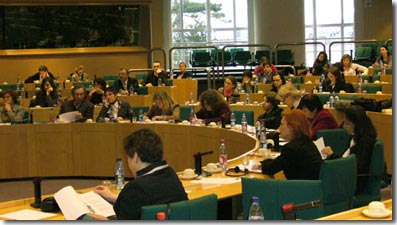 |
|
| Main About Implemented Projects Future Prospective Programs Membership | ©1996-2006 |
Webmaster Levan Chkheidze |